For small healthcare practices, managing the revenue cycle efficiently is critical to maintaining financial stability. One of the biggest threats to a healthy revenue cycle is claim denials, which can significantly delay payments and negatively impact cash flow. In fact, claim denials are a common and persistent issue, with nearly one in five claims being denied or delayed on the first submission. The good news is that effective medical billing services can reduce claims denials by up to 80%, providing a powerful boost to your practice’s financial health.
This blog will explore how professional medical billing services can help small practices dramatically cut claim denials and improve overall revenue management
Why Are Claims Denied?
Claim denials happen for a variety of reasons, many of which are avoidable with the right processes in place. Some common reasons for claim denials include:
- Incomplete or Incorrect Information: Even minor errors such as missing patient information, incorrect insurance details, or incomplete medical documentation can lead to a denial. Each time this happens, valuable time is lost in correcting and resubmitting the claim.
- Coding Errors: Inaccurate or outdated coding is another major reason claims are denied. With the healthcare industry using complex coding systems like ICD-10 and CPT, even a small error in coding can result in a claim being rejected or underpaid.
- Missed Deadlines: Many insurance companies have strict deadlines for claim submission. If a practice fails to submit claims in a timely manner, they are often denied outright.
- Policy Coverage Issues: Claims are also denied if the treatment provided is not covered by the patient’s insurance policy or if pre-authorization was not obtained for certain procedures.
Each of these issues contributes to an inefficient revenue cycle, where payments are delayed, administrative time is wasted, and overall cash flow suffers.
How Medical Billing Services Can Help Reduce Denials
Medical billing services are designed to take the complex and time-consuming task of managing claims off the hands of small practices, allowing staff to focus more on patient care. Here’s how these services can reduce denials by 80%:
1. Claims Accuracy and Thorough Review
One of the most effective ways medical billing services reduce denials is through meticulous review processes. Each claim is thoroughly checked for accuracy before submission. These services have specialists who are trained to spot errors in patient information, insurance details, and medical coding. By ensuring that every detail is correct, the chances of a claim being denied are drastically reduced. Additionally, they utilize software that flags missing or incorrect information before claims are submitted, further enhancing accuracy.
2. Expertise in Medical Coding
Medical coding is a highly specialized skill, and staying updated on the ever-evolving coding regulations is a full-time job. Professional billing services employ certified medical coders who are experts in ICD-10, CPT, and other coding systems. These professionals ensure that each procedure and diagnosis is accurately coded according to current regulations. This expertise significantly reduces the likelihood of coding errors, which are one of the primary causes of claim denials.
3. Timely Submission and Follow-Up
Medical billing services also help ensure that claims are submitted on time, which is critical for avoiding denials due to missed deadlines. They have systems in place to track submission deadlines and make sure that claims are processed quickly. In cases where claims are denied, billing services also handle the resubmission process, following up with insurance companies to resolve any issues and ensure payment is eventually received.
The Financial Impact of Reducing Claim Denials
Reducing claim denials by 80% has a profound impact on the financial health of small practices. When fewer claims are denied, practices experience faster cash flow, fewer administrative burdens, and a more predictable revenue cycle. This allows practices to focus more on delivering quality care to patients rather than chasing down payments.
For example, a small practice that typically experiences a 20-30% claim denial rate could be losing thousands of dollars each month in delayed or rejected claims. By reducing that rate to below 5%, the practice can recover a significant portion of its lost revenue, ensuring that cash flow remains steady.
In addition to faster payments, practices also save valuable administrative time. Every denied claim requires time and effort to correct and resubmit, often resulting in back-and-forth communication with insurance companies. By partnering with a medical billing service, much of this administrative burden is removed, allowing in-house staff to focus on patient care and other critical tasks.
How to Choose the Right Medical Billing Service
Not all medical billing services are created equal, so it’s important for small practices to choose a service that meets their specific needs. Here are a couple of key considerations:
- Experience with Small Practices: Small practices have different needs than large hospitals or medical groups. Look for a billing service that understands the unique challenges faced by smaller practices and has experience working with similar clients.
- Advanced Technology: The best billing services use cutting-edge technology to automate and streamline processes. This not only reduces the chance of human error but also speeds up the entire billing process.
By selecting a medical billing service that meets these criteria, small practices can significantly reduce their claim denial rates and enjoy more consistent revenue.
Conclusion
Claim denials are a major challenge for small healthcare practices, but they don’t have to be. By partnering with a professional medical billing service, small practices can reduce their denial rates by up to 80%, leading to faster payments, improved cash flow, and a more efficient administrative process.
Effective billing services not only ensure that claims are submitted accurately and on time but also handle any issues that arise, allowing healthcare providers to focus on what matters most: delivering exceptional patient care.




